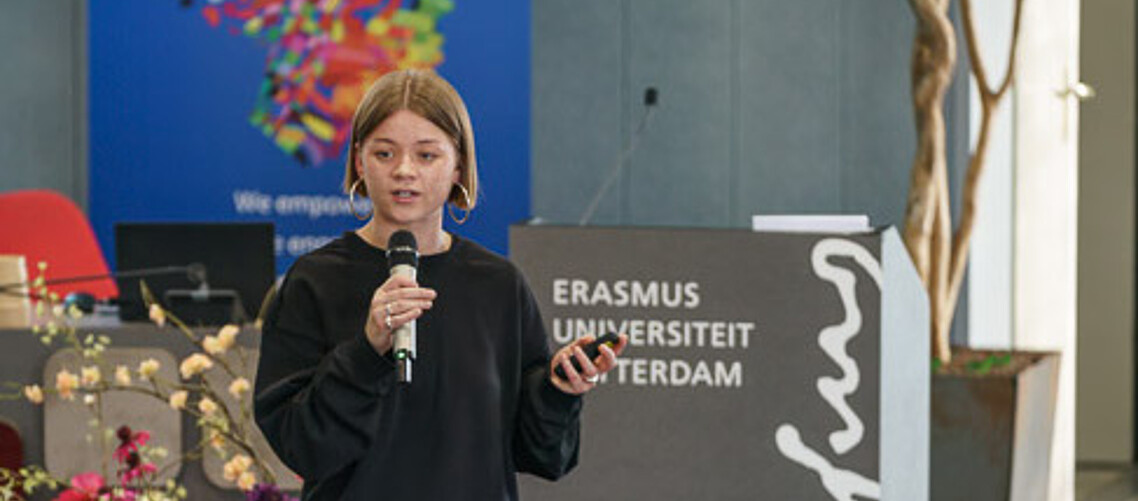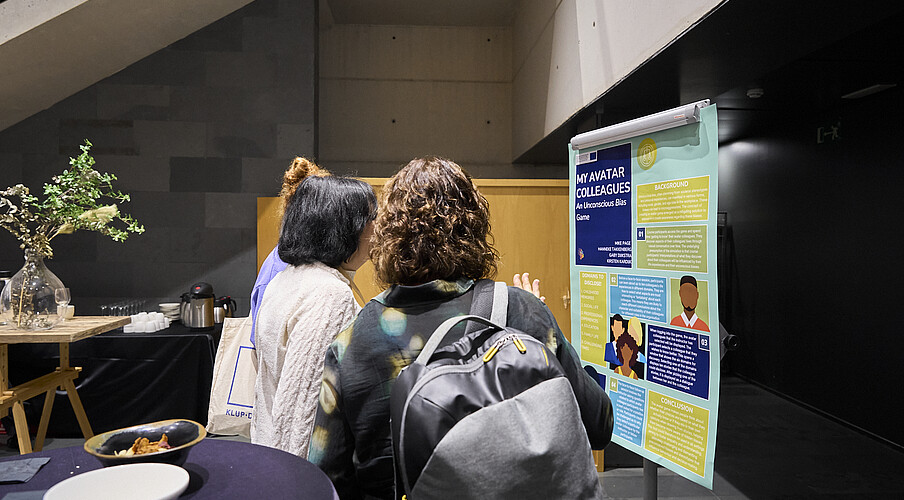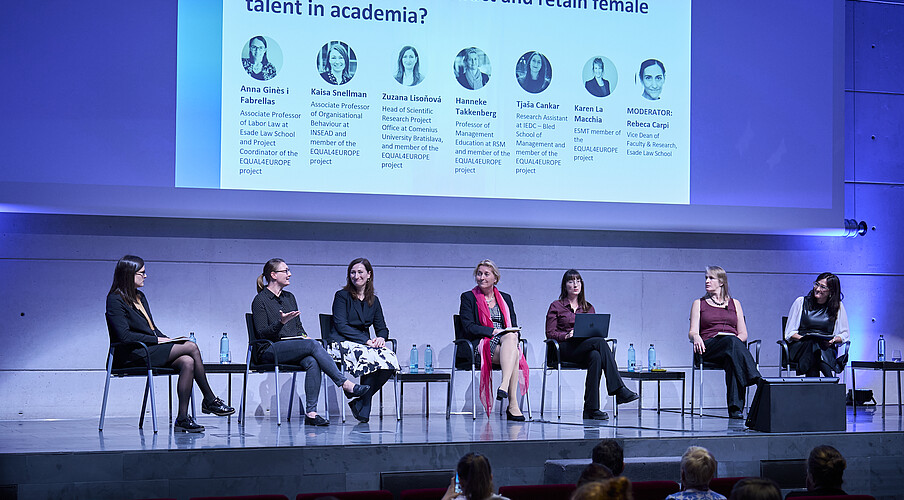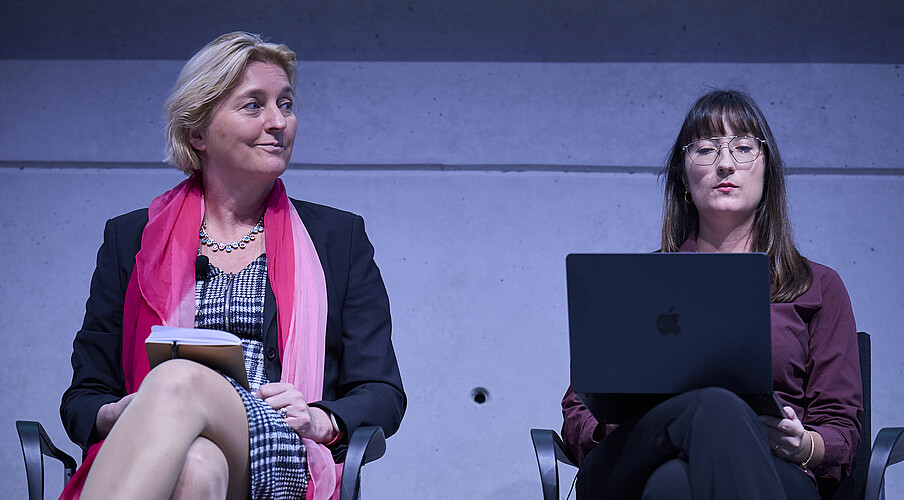The handbook aims at addressing the leaky pipeline in AHMSSBL research institutions throughout Europe by adopting gender equality standards specially designed for the academic context. It was published as part of EQUAL4EUROPE, a research project funded by the European Commission and undertaken by a consortium of eight international institutions including Erasmus University Rotterdam (EUR), represented by Erasmus Centre for Women and Organisations (ECWO).
Catalyst for positive change
“The handbook shares the valuable lessons learned over four years of developing and implementing gender equality plans in research and higher education institutions,” says ECWO researcher, Kirsten Kardijk.
“Being part of the EQUAL4EUROPE project has been a catalyst/starting point for positive change, instilling a deeper understanding of the importance of intersectionality in promoting equality. It has provided our institution with invaluable insights and tools for gender equality, but also inspired us to move towards a more comprehensive approach to inclusivity and diversity.
The manual offers good practices to be implemented in institutions across these areas:
-
Removing barriers to recruitment, retention and career progression of women;
-
Addressing gender imbalances in decision-making bodies;
-
Introducing the gender perspective in research and innovation content.
“The most valuable lesson learnt, however, is that the adoption of a Gender Equality Plan is not, by itself, guarantee of adequately addressing the gender issue in research institutions (or any type of institution, for that matter),” says Anna Ginès i Fabrellas Project Coordinator EQUAL4EUROPE.
“It is essential to adopt measures that not only hold on paper but, rather, transform the organization by embedding the gender equality issue within the university’s bodies and decision processes. Only by engaging with stakeholders and increasing gender awareness at the organizational level will it be possible to achieve the desired and needed cultural and sustainable change within the institution.”
Monitoring and Budgeting Toolkit
Along with ECWO's Executive Director, Prof. Hanneke Takkenberg, Kardijk was one of the co-authors of the Monitoring and Budgeting Toolkit, produced as part of the EQUAL4EUROPE project. The toolkit aims to integrate gender into the financial processes of academic and scientific institutions as a way of introducing gender budgeting within the E4E partner institutions. You can access the toolkit here.



